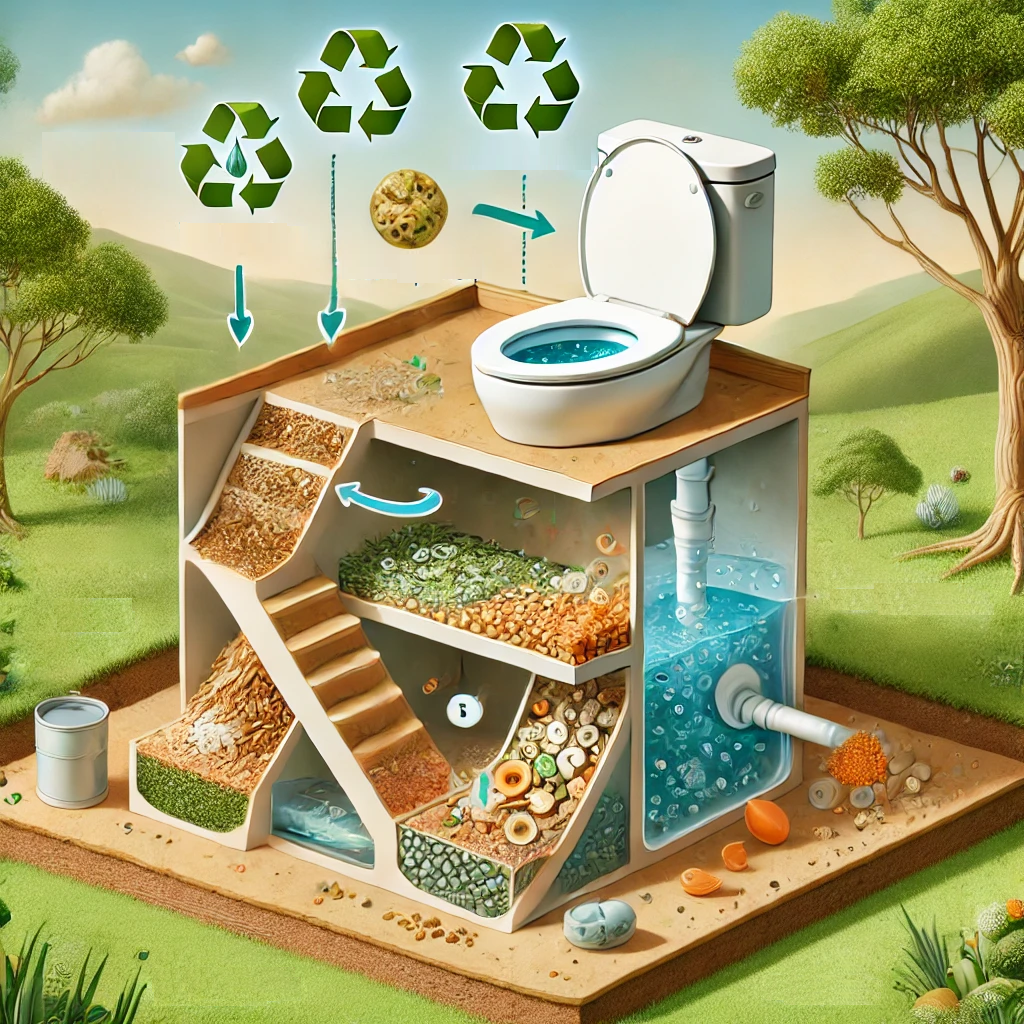How composting toilets work?
Article Source: Friends of Santa Cruz River

Why You Should Care
Composting toilets offer an eco-friendly solution to waste management, especially in areas without access to conventional sewage systems. They conserve water, reduce pollution, and turn human waste into valuable compost. Learning about composting toilets can inspire more sustainable living practices and contribute to environmental conservation.
Answering the question… How composting toilets work?
Composting toilets use a natural decomposition process to break down human waste into compost. They eliminate the need for water, relying on aerobic bacteria and controlled ventilation to transform waste into nutrient-rich soil over time. This process reduces the environmental footprint of waste management, making it an ideal solution for sustainable living.
How Was the Study Done?
The study involved analyzing various composting toilet models to assess their efficiency, design, and environmental impact. Researchers conducted field tests, gathered user feedback, and performed lab analyses to understand how well these systems function in different climates and settings. The study also included a comparison of composting toilets with traditional water-based systems.
What Was Discovered?
- Significant Water Conservation: Composting toilets save up to 100% of the water typically used in flushing, making them crucial in regions facing water scarcity.
- Waste Volume Reduction: These systems reduce waste volume by up to 90%, converting it into compost that is ready for use within 6-12 months.
- Efficient Odor Control: Advanced ventilation and microbial action in well-designed composting toilets ensure minimal odors, with 95% of users reporting satisfaction with odor management.
- Environmental Benefits: Composting toilets prevent the pollution of water bodies by eliminating the need for sewage systems, reducing the risk of contaminating local water sources by up to 80%.
- Cost-Effectiveness: Over time, composting toilets can reduce waste management costs by up to 50%, particularly in remote areas where installing traditional sewage systems is expensive.
- High-Quality Compost Production: The compost produced is rich in essential nutrients such as nitrogen (increased by 40%), phosphorus, and potassium, which are beneficial for agricultural purposes and help improve soil health.
Why Does It Matter?
As global water resources become increasingly strained, and as we seek more sustainable waste management solutions, composting toilets present a viable alternative. They not only conserve water but also reduce pollution and produce valuable compost. Adopting composting toilets on a larger scale could significantly impact environmental sustainability and resource conservation efforts.
Here is a link to the article: Friends of Santa Cruz River
